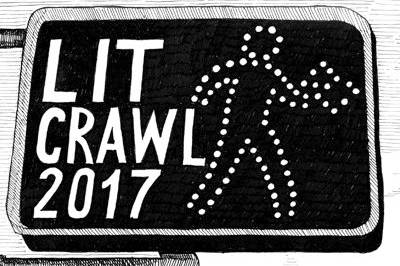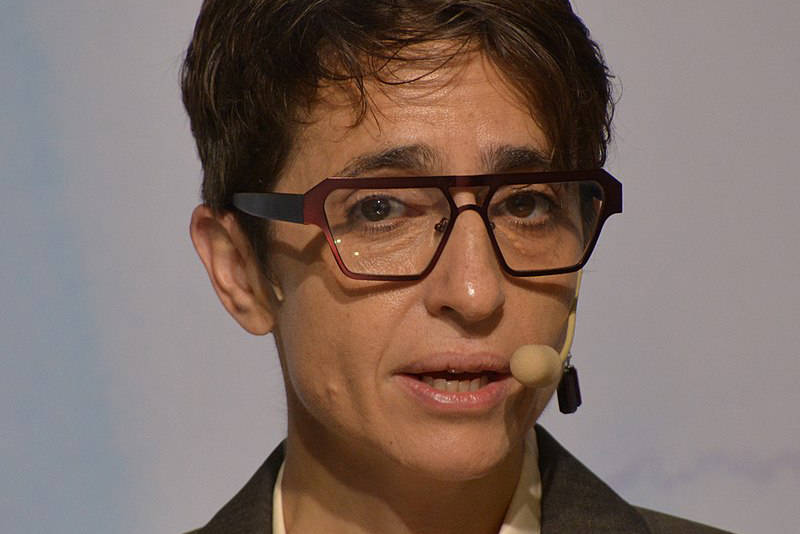A cliché can destroy a piece of writing. Case in point: If I were to follow that first sentence with a sentence claiming that “Writers should avoid clichés like the plague,” you would, rightfully, stop reading right there. Clichés are more than just overexhausted expressions made meaningless by repetition; they’re signifiers that a writer hasn’t put enough thought into an argument. They identify a piece of writing that has not endured any editorial scrutiny. It’s fine for a writer to insert a cliché in a first draft, but by the time they get around to the third draft, that cliché had better be replaced with an original thought, stated originally. Otherwise it’s not writing, it’s just putting words on a page.
It’s interesting then that Hugo House, a writing center, has for the past year been celebrating cliché in its Hugo Literary Series events. The Literary Series has always employed the writing prompt, that most classic of writing-class conventions, as its primary conceit. Three writers—a mix of local and nationally celebrated authors—and one local musician create new work based on a theme. The responses of writers like Sherman Alexie, Nicole Hardy, and Kevin Sampsell and musician Rachel Flotard to vague but intriguing phrases like “While You Were Sleeping” create a through-line for the evening, adding a sense of discovery and play not unlike what you’ll find in a particularly good writing class.
But the inclusion of cliché into this year’s Literary Series has added another little kick of drama to the formula. Writers understand that clichés are taboo, and so when they’re forced to incorporate them into the work, they approach them nervously and from interesting angles. The last event’s cliché—“What goes around comes around”—inspired interesting work from musician OC Notes and poet Sierra Nelson, along with a funny, alarming essay by Heidi Julavits about her fears that her son might one day grow up to be a rapist.
This week’s Literary Series event is centered around the cliché “All’s fair in love and war.” Novelist Claire Vaye Watkins, Seattle electronic-music stalwart Alex Osuch (aka DJAO), novelist Andrew Sean Greer, and Seattle poet and slam performer Roberto Ascalon will all try to embrace the cliché without covering themselves in the stench of bad writing.
These writers should do just fine with the task. Ascalon is nimble and thoughtful and fun. Greer’s writing can be off-putting—a little too polished—but he’s never at a loss for cleverness. Osuch is a founding member of diversity-minded writing organization Old Growth Northwest and ran their reading series, so he’s bringing a writer’s eye to the challenge. But Watkins is the one to watch. She’s having a bit of a moment right now; her dystopian novel Gold Fame Citrus devastated readers last year with its weird beauty, and for her next trick, she published an essay titled “On Pandering: How to Write Like a Man” that pretty much burned the publishing industry to the ground. This is a writer who is physically unable to think an uninteresting thought. The clichés should fall like dominoes, or a house of cards, or toy soldiers, or, you know, something else that falls down easily. E
Hugo House, 1634 11th Ave., 322-7030,
hugohouse.org. $25. All ages. 7:30 p.m.
Paul Constant is the co-founder of The Seattle Review of Books. Read daily books coverage like this at seattlereviewofbooks.com.








